|
Let's talk magic. If you're dealing with fantasy, whether it be High Fantasy like Tolkien or Urban Fantasy like Supernatural, magic is going to make its way in. It's inevitable. Even within my own novel, The Paladin, magic isn't a main focus but still has its moments. So, because I know it'll come up at least in some small way and probably much more in later additions to the universe, I've had to work with my own magic system. And let me tell you... it gets complicated quickly.
In fiction we tend to classify magic in two groups: hard magic and soft magic. There are other names but the basic concepts are pretty simple. In hard magic, there are rules. You have to have this or say that in order to make a spell work. The spell has hard and fast limits. It is well-defined and follows a strict code. Now, you can make that code or rule set as complicated or simple as you wish, but for hard magic there has to be limits and rules. Think something like Harry Potter. You need a wand. You have to say the spell. If you don't know the spell, you can't just make stuff happen. Every spell has its use and that's all its good for. That's hard magic. Now soft magic, as you might've guessed, is the opposite. It's amorphous. Opaque. You know that magic is happening, but how it works is beyond the reader's comprehension. Likely, it's not even important. Let's look at Lord of the Rings. What are Gandalf's powers? I mean, we know he's super powerful, but what can he do? Well... he can make his staff explode when he slams it down? Um... blow intricate smoke rings? Oh! He can turns waves of water into rushing horses! You see, we don't really get a laundry list of Gandalf's abilities. Frankly, he isn't super important to the plot. He shows up when needed and his abilities move the plot forward, but whatever rules for his, if there any, are never established. He can just kinda... do what he needs to. Hard magic tends to be something that you can put into a protagonist's tool kit, something for them to draw from. It requires attention to detail and consistent continuity. Soft magic is more of a plot device, though. Whatever you need to move your story forward, that's what it does. You rarely see a main character with soft magic because, well, that's boring. Soft magic solves everything without any real limits. But when your protagonist uses hard magic, well, now you can make predictions. Hmm... he's trapped in a cave, well, I know he can summon fire to light his way. Oh! And for a least a few minutes a day he can contact someone telepathically! Maybe he'll try to get help. But you never know what's going to happen next with soft magic. Same situation, maybe they channel a portal or force the cave walls to open up to the surface. And since it's soft magic, we don't need to have known that was possible before. I'm not saying one is better than the other, though I will say as a writer, hard magic is more fun to write. You're building something with it. You're setting rules and creating something concrete. In fact, in the writer forums I frequent, I don't think I can go a week without someone posting to ask for people to look over their magic system. If you have a system, if you need people to check for logic, you know right away it's a hard magic system. Be Excellent to Each Other
0 Comments
My short story is coming along well and I'm really enjoying what I'm putting down. I've never written a mystery before, at least not in the traditional sense. The Paladin does have some mystery elements to it, but it's most certainly about the action, the adventure, and of course the Urban Fantasy.
So this short story I'm working on I'm actually pretty knee-deep in at the moment and I'm trying to figure out where I want to go with this. I know what the end is and I know what's going to happen, but how do I present it to the reader. My (admittedly limited) research has brought me two different approaches to portraying a mystery. I'm sure there's actual nomenclature, but since I'm not in the mystery community, I'll be referring to these as narrative reveal and big reveal. So the big reveal is what I've found in more classic mysteries, like the Sherlock Holmes and Hercule Poirot stuff. The reader gets to see everything the detective does, but they aren't privy to the detective's thought process. That allows them to try to solve the mystery on their own, formulate their own theories, and then check it against the detective during the "big reveal." The narrative reveal is when you move along with the protagonist, learning what they learn, and also get to see what they're thinking. In the big reveal, there are lots of red herrings that can pop up, but in the narrative reveal, it's like a curtain slowly being pulled back. The detective can discard information that's not pertinent, formulate multiple hypothesis, and then, generally, when the detective knows the answer, you do, too. So which one is better? I feel like the narrative reveal is filled with a steady flow of little surprises while the big reveal is all moving toward one big surprise. Here's the quandary: which do I go with? For any mystery readers out there, which do you prefer? I'm still not certain and I need to figure it out fast. Be Excellent to Each Other. My latest review for Ghost of a Tale is up on DLH.net, so make sure you head over there now to check it out, click here! How do I quickly describe Ghost of a Tale? Well... imagine Metal Gear, but no killing anyone. And you're a mouse. And the guards are all rats. And there's magic and music. So I guess what I'm saying is, it's a stealth game. Now I've never been really sucked in by stealth games, but this one I just couldn't stop playing. It's a bit stressful in the beginning when you're not certain what's going on, but once you get used to your surroundings, that's when the fun really begins. You play as Tilo, a minstrel mouse who was arrested when, while playing for a Rat Lord, his wife refused to sing the song requested. They were separated and now your job is to escape Dwindling Heights and find your beloved. Along the way you meet an insane pirate frog, two amusing and mischievous mouse thieves, and a few others notable rats, including a freakin' ghost. (Stops to think about the title.) Ah! I get it now! Let's talk about the world, first; it's gorgeous. The visuals are beautiful, the music is great, and the atmosphere is engaging. I was honestly on the edge of my seat, trying not to get caught as I sneaked past guards. Being able to hear them coming, to follow their movements from my hiding spots, it all came together to really draw me in. But the world is much more than just what's on display. There's so much lore to this world. It feels like this is part of an established game universe. Every time you come across words or places in dialogue you don't know, you are given the option to check a glossary and learn more. This is an unobtrusive way to fill the player in about the greater world, from other strongholds and countries all the way to common swear words. You'll spend most of the game avoiding guards, learning who to trust, and fetching items for them. In fact, a great deal of the game is eluding guards while you solve puzzles and fetch items. This lets you move out from the jail to the courtyard, out to the forest, down into crypts, and out to the beach. Early on, I was led to believe that I'd be leaving Dwindling Heights and moving from map to map, but instead you're restricted to one island. This is not a negative. With all the detail, with all the secret passages, and with all the ins and outs laden throughout the map, they manage to make one little island feel huge! Now, you will end up doing some significant backtracking, but with all the shortcuts you unlock as you go, it's not too bad. Add to that the costumes that let you either fool or blend in with guards, and you've got lots of ways to move throughout the world and solve puzzles. The world also operates on a day/night system with the clock constantly ticking. This can mean interesting discoveries when sneaking around at night as well as tricky moments like when the blacksmith takes your armor for eight hours to improve it. Of course this means that certain people will move around the map depending on the time of day and I think that is a good segue into some of my criticisms. If you've ever play Legend of Zelda: Majora's Mask, you know about it's amazing time system. People are constantly moving about, constantly going from place to place. This means you can catch them moving in between locales, something that just didn't quite make it into Ghost of a Tale. I know that the commander of the outpost is in his quarters before noon. I know that in the afternoon he's at the docks. But I have missed him in both places because he, apparently, teleports directly from spot to spot. I know he doesn't walk because I've watched the blacksmith, who leaves promptly at 6 pm, stay there pounding his anvil for hours because I was watching. Also, the amazing story... it kinda fizzles out. There are lots of amazing characters with great side plots to explore and finish, but when the game is coming to a close, the ending kind comes out of nowhere. In retrospect, they do foreshadow it a little, but not in a way that makes me feel like everything is happening naturally. Furthermore, when it ended, I was left a little disappointed. As I mentioned, I managed to finish up all the side stories and enjoy the closure that came from everyone around me. Unfortunately, the ending feels like there was a chapter missing. The main story you've been pursuing the entire time just kinda... fizzles... and something else entirely takes it's place. Overall, I can't recommend this game enough. It's beautiful, it's elegant, it's packed with lore, and it is just begging for a sequel. If not to continue the world that has been established so far, then at least to wrap up the story that needs a full closure. If you love high fantasy, fairy tales, and especially stealth game play, you can't go wrong with this game.
Don't Forget to be Awesome I heard something today about exposing yourself to as many people and cultures as possible to help expand your writing capability. It was probably something off of Writing Excuses, so I'll credit them just in case, but honestly, I don't really remember. The main point, though, was that even if we think we're varying up our characters and basing them on real people so that we can express real traits, we need to realize that our circle of friends is rarely diverse.
It makes sense when you think about it. Why are you friends with these people? It's likely not because they disagree with you. You all probably use a lot of the same mannerisms, the same slang or idioms. You likely have the same views on more controversial topics and that can make it hard to write from the opposing side. Or, hell, to just write from opposing sides of any topic, really. I know not everyone can afford to move around the world or even just their country, but we do live in an incredibly amazing time. Communication is simple and everywhere. We have examples of other people and cultures at our fingertips! I might encourage you as today's challenge to go to YouTube or Facebook and look up a group who's ideology is something your disagree with. Now, I'm not saying you have to go find a hate group and binge their playlist, but look at people who are voicing opinions you don't share. Understand that they believe what they're saying and they have reasons for it. If you can understand why groups feel the way they do, why people act the way they do, you'll be all the better prepared to write a plethora of unique and diverse characters. And that means more readers will see themselves in your writing, and that's always a good thing. Be Excellent to Each Other Thirty-nine weeks and still goin' strong! While I'm excited to jump into this week's Paladin Playlist, I have to give a quick shout out to my friends over at the Smash Fiction Podcast. If you haven't checked out their stuff yet, get on it! This week they're pitting Toy Story versus Small Soldiers, and, honestly, I adored this battle, and not just because a certain blogging raconteur was written in as both neighbor to Andy's Mom and Spirit of Writing. Seriously though, check them out here and make sure to subscribe to their podcast. It's well worth your ears' time. On to the Paladin Playlist. Now, I'll admit that I might listen to the more... mature version, shall we say, but either way, this song is great for getting in the right writing mindset. I'm not going to pretend that I've followed DMX from way back, but I know when I hear a song that needs to be on my playlist. The moment I stumbled across this, I knew I had to write something with this as the soundtrack. It's visceral. It's dirty. It's real. I love it! Yes, it's DMX's X Gon Give It To You. From that pounding refrain, to the raw beats that get dropped from start to stop, there's just something perfect for setting a scene with this. Probably not going to play well for a high fantasy conflict between elves and dwarves, but when you're writing urban settings with plenty of human emotion and conflict, my god does this song get me going. So, for your enjoyment, X Gon' Give It To Ya by DMX. D(MX)FTBA Saw a great Tweet today that I wanted to expand on.
"When creating a fictional setting, it should still reflect the real world. Make sure your setting has: -transit infrastructure -localized culture -an industry -a group of holidaying Australians who've only been there for three days but somehow already know everybody" - @NotLikeFreddy Okay, besides that being hilarious, it does bring up a great point. I've talked about the first three points on that list when making a city or town, but you have to remember that people wander and travel. Once you've established your fictional world and have a nice little hamlet on the edge of a cliffside viewing a rainbow sunset near dragon roosts and unicorn dens, you have to think what visitors do there. Is it touristy? Trade-centered? What do outsiders think of that place? It can be one of the most telling things to write about what the rest of the world thinks about a particular part of your setting, not to mention kind of fun. So go out there, continue building your world, but ask yourself, "what would a group of tourist Australians think about my village?" Be Excellent to Each Other Wow late post, eh? Sorry, it was campaign night, so I was running our table top League group. Lots of fun, but I may be putting too much emphasis on the world and not enough on the players. In fairness, though, we did have a player leave, so ... Anyway.
Today I just wanted to touch base on where I am and where I'm going from here again. I've been getting in a lot of reviews from my Betas, which is great. They're saying of a lot of the same things, which most prominently seems to be "more description, more detail." Sadly... I'm not in a position to do that at the moment. See, I'm sitting at 136,000 words. I need to be at 110,000. If I can cut out entire scenes or even chapters that are unnecessary, then I'll have lots of room to go back in and expand descriptions and details. And trust me, I really, really want to. So what happens after this? Well, I'll be in this round of betas for a while, then I'll give it another go through in editing, give a final round of betas the chance to check it out, and then... time to submit to agents! And that's really scary, so I'm going to stop talking about it for now. I've ranted enough on it before. So what's waiting for me after that? Well, it could be months before I hear back from agents, if I hear anything at all. I have to keep busy, and I have a few options. First off, I'm going to try to get more hours at my university job when class is back in session. It'll be good to keep my mind off things for the time being. Beyond that, I'll need to start a new project and, really, I'm still not certain which one to begin writing next. It's kind of a moot point until I finish the short story I'm on now, but I really should be thinking about it. After all that... you know... I think it might be time for another adventure. DFTBA I promised it before and here it is, today's blog post is on Safe House for the PC. Make sure you check out my original review over on Geek Nifty first! Man... Safe House. What can I say? It's a game of busy work with very little story to hold the thing together. That's okay for some people, but I am a very story-centric person. I feel like if you're going to make a game, you either put your all into the story or don't have one. I mean, I can play Flappy Bird all day. No story. Just get between the pipes. But I can also lose myself for weeks on end with Zelda: Breath of the Wild or Mario Odyssey. Rich worlds with so much depth to the characters and the story. But when you go for something in the middle... when you offer a weak story that doesn't incentivize me to move forward... then I'm just left with busy work. Safe House has you managing a 1960s-esque spy movie base. You check with agents at the front door via pass phrases, accept or reject packages based on tracking numbers, forge IDs, build bombs, send out spies, and interrogate witnesses... all for... some reason? In all fairness, the game does tell you why. You're in an African nation that was colonized by the French and later taken over by the English. It was destabilized years ago by the US, but the installed leader now has communist tendencies and during the Cold War, that's a big no-no for the US. Okay, all pretty standard fair for a '60s spy thriller. But it plays in to the game so little that it might as well not be there. The day-to-day routine has nothing to do with all this insurrection and destabilizing stuff. You're just mashing buttons and repeating commands over and over. They remind you between nights that you're working for the CIA, but it's easy (and tempting) to skip it all. Frankly, the story is boring. Now, the individual tasks or games they give you aren't bad. Checking a spy's password against a list of words, then giving the counter-password, yeah, it's kinda cool. Forging a passport by dragging and dropping pictures and flags and seals onto the paper is kinda cool. But all of them together is just stress without reward. My agents head out and assassinate people, not me. They go out and spy on people, not me. I wait at the base and upgrade things. Honestly, it feels like a bad attempt to recreate Fallout: Overseer, the mobile game from Bethesda. Except that game is addictive and fun. And you know, that's maybe where this game should've gone. As a PC game, I'm not sold on repetitive tasks on a time limit, over and over. But as a mobile game, I could probably dig it. I might remove or alter a few games, like cryptography, but then again I have a bias against that game. Anything that requires me to physically pull out a pad and pencil and write things down is already pulling me out of the game and I don't truck with that. But seriously, this game might not be so bad in small chunks while waiting for fast food or sitting at the DMV. But trying to sell it to me as a full PC experience, especially with clunky controls and atrocious graphics, I'm just not down with it. And let's talk about those faults for just a moment. At first, the graphics aren't so bad. They're a little kitschy, sure, but at a distance, combined with the catchy spy music, they kinda work. But then they keep on zooming in. They do cut scenes that go close up on these mannequins. They're ugly! They move badly! They look like something out of a 2003 flash game on Newgrounds! Especially when they have cartoon pictures for the speech bubbles, it contrasts so badly that I can't help but notice how bad everything looks. Add to that the aforementioned bad controls and I just can't handle it. For instance, in the Forgery game, you have six tasks to accomplish. Drag the signature where it goes, the picture where it goes, type in the name, type in the country, and then stamp the proper flag and stamp the seal. Sounds straightforward. But often when I click on the TAB for the flags, the rubber stamper for the SEAL moves, like I clicked on it instead. These two things aren't next to each other. And when you click on anything a second time, it erases the work you've already done, in case you screwed something up and need to redo it. Not realizing this, I've lost more than few rounds of this game because it wouldn't let me click the flags tab until I about the fifth click. Having already stamped the seal, I didn't think to stamp it again, so when I hit submit, BAM! Failure. The story is forgettable, the click-box detection is off, the grammar and spelling are bad, and often it won't let me upgrade agents. It's buggy, monotonous, and not worth the reward. SPOILER WARNING. In the end, the game gave me an option, story wise, to resign as manager of the safe house. Clearly, the game wanted me to go forward and be a rebel, but I relished the opportunity to click resign and end the game. It then gave me a dreary cut scene (an ugly one, too) of my character as an old man working a boring desk job in a nameless corporation as one of hundreds of identical worker bees. It was like it was trying to punish me for resigning. But when I resigned, it gave me an epilogue of what happened to the country. Peace! Everything worked out fine! Treaties were signed! People lived! Why should I have felt bad about that? Why should feel bad about giving up a life of assassinating people for a stable 9-5 job? It was very heavy handed and missed the mark, at least for me. Overall, I can't recommend it. I mean, there's something there, something that could work, but the way they laid it out, it's just a lot of "almosts" with no redeemable features. Check it out at your own risk. DFTBA So, first off, my new review is up on Geek Nifty for the PC game Safe House. You can check it out here. I plan on doing a more in depth review tomorrow or the day after if you're interested in knowing more of the nuances about the game and my feelings on it.
But, onto today's topic. Today I'm spitting wisdom about cultures in fiction. Okay, maybe not wisdom, but I'm certainly sharing my point of view on the creation of cultures. I see a lot of civilizations or ancient cultures in fiction that don't really make sense to me. There are logical paths to follow (something I talked about in my deductive reasoning blog post) when creating people, lands, and especially cultures. Now, I'm not saying one should necessarily pull a Star Trek and base everything on a pre-existing culture, but if you study them and their history, you can find the logical reasons for why they act and believe the way they do. Too often I see writers, both novice and well-known, create a culture around an idea first. That's fine, I suppose, but if you're too centered on that idea, you run the risk of bending logic to fit your narrative (literally). Say you have a culture of people that believe talking aloud is primitive and so have slowly adapted a form of telepathy and body language. That's cool and all, but when you expand out and fill in their religion and politics, you have to make sure they're following lines that make sense for a culture that doesn't talk. Would music even be a thing? How would it affect art? If they've been like this for generations and one of them leaves the village and tries to integrate with others, they better have a hell of a time making audible sounds. Too often in stuff (I'm looking at you, Star Trek) we see people making decisions and cultures bending logic just to fit the story of the week. It's become something of a joke lately, but I've started re-watching Star Trek Deep Space Nine (yes, I know!) and man... they bend logic constantly. The latest episode had the only doctor on the station and the chief engineer go to Bajor (the planet that's closest to them) to heal a village elder. Why? Why would that village want Starfleet's help when they've established Bajor is on rocky terms with them? Why aren't there any doctors on the freakin' PLANET that can do this? Why send the ONLY doctor on your station to do this? Why send your chief engineer, who maintains a station that is constantly malfunctioning, as a chauffeur for that only doctor? And when the inevitable monster shows up that makes the science humans question science and believe in faith, why has no other village on this entire planet tried to help? Why are Bashir and O'Brien literally the only people outside the village to know about this plight? Okay, I think I might have gotten off track, but you can see where I'm coming from, right? It's a place of love, really. I think. Point is... think logically. Ask why. Ask why all the time. Be Excellent To Each Other I knocked out another game review for DLH.net this week, which should hopefully be up soon. It was really good and I feel fortunate to have this gig. It's really exposing me to a lot of hidden gems I might not otherwise come across.
On that same front, I've made a little progress in my writing career. Another website has taken me on as a game reviewer, meaning my published reviews are going to only grow. I just sent in my review for that game as well, so make sure you guys keep an eye out here for that one, too. Now, on the fiction writing front, I thought I'd take a look at a writing trope that has a fair share of fans and detractors, the classic cliffhanger. Now, no matter where you stand on the issue of enjoying or despising them, you have to admit, they work fairly well to keep the interest of the reader or viewer high. Raised tension, high stakes, excitement abounding... and then nothing! It's like cutting off a druggy's fix. Well, actually, I can make a more apt metaphor, but this is a family-friendly blog, so let's stick with denying the high. It's that denial. A calculated risk to make your consumer want the conclusion even more. Personally, I feel like it's a bit messed up. If there's not a really good reason, you should make you story stand on it's own. Even if the resolution isn't everything the reader wants, it's better than "Will they survive? Better read the next book!" Because what happens if there is no next book? I know a lot of people still hurting from the end of that classic '90s cartoon ReBoot. And trust me, The Guardian Code on Netflix isn't scratching anyone's itch. So what do you think? Are cliffhangers good if used appropriately? Should they be tossed aside as an archaic cliche? Let me know your thoughts. DFTBA |
Matias TautimezKeep your eyes open for my debut novel, The Paladin. Archives
January 2023
Categories |
About the Author |
Contact |
|
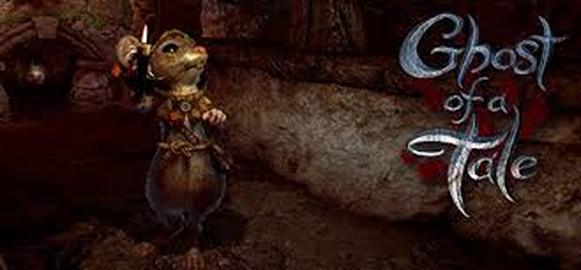
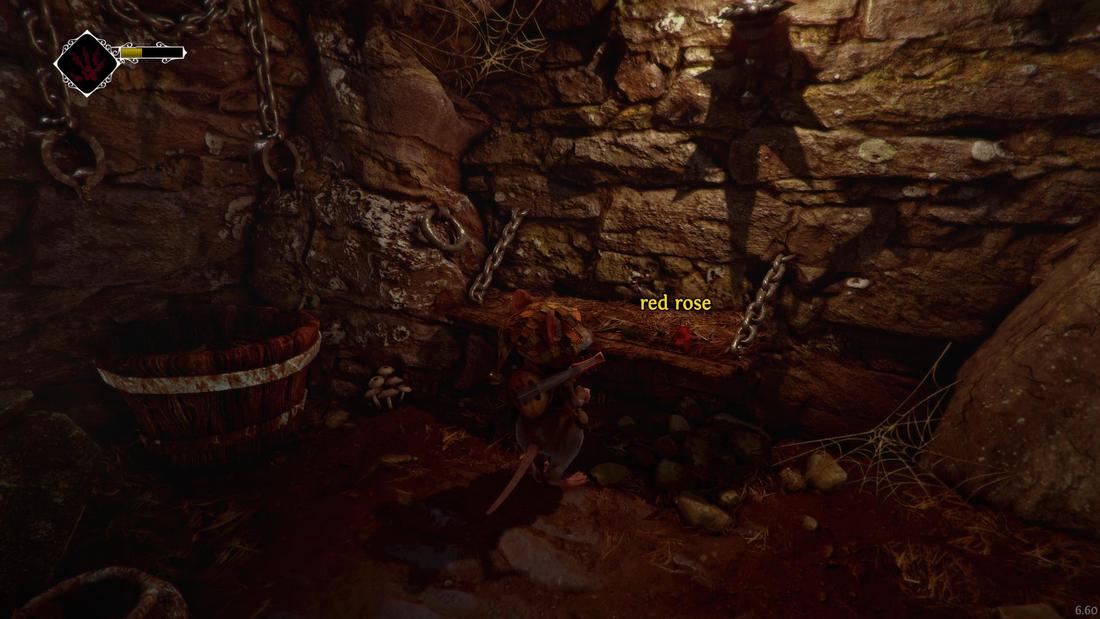
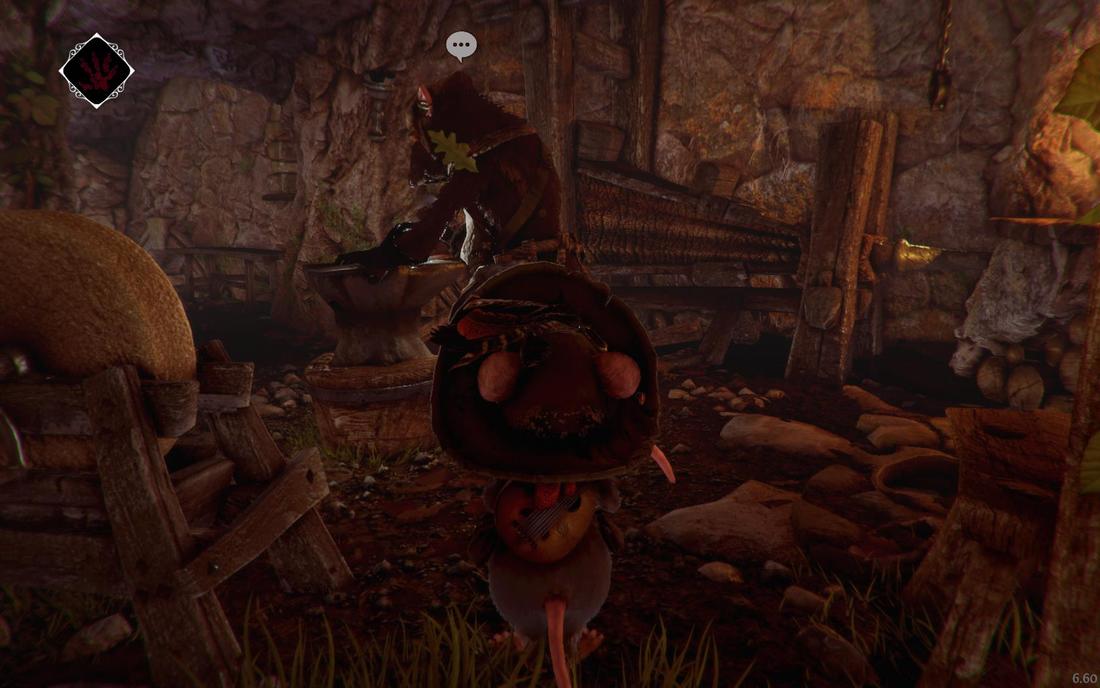
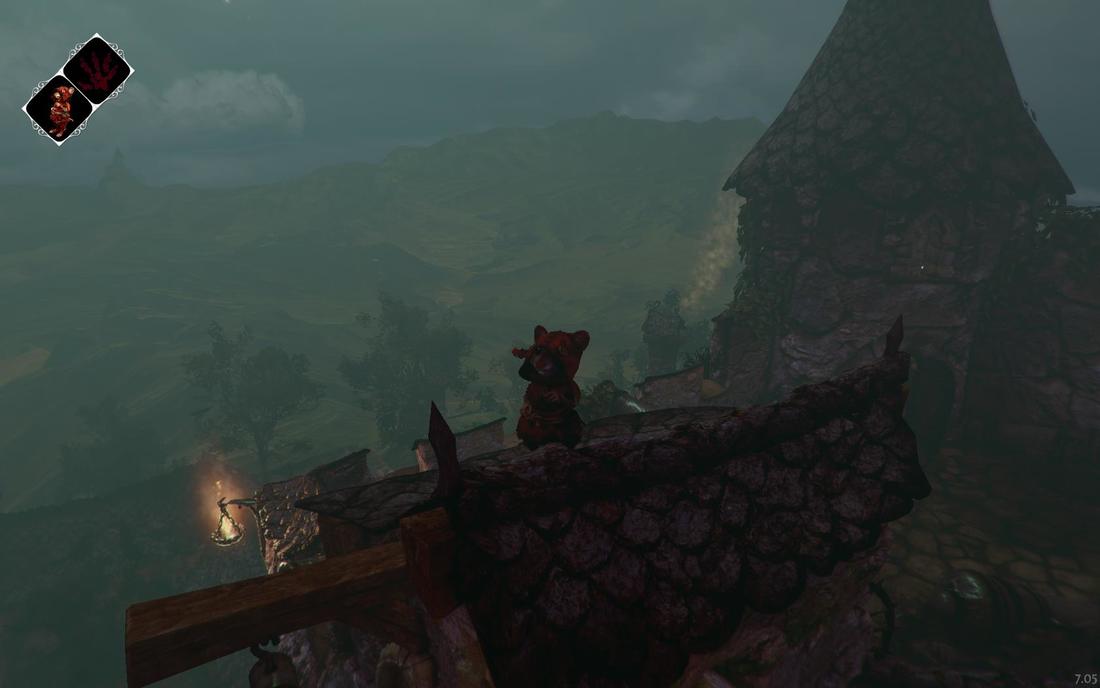
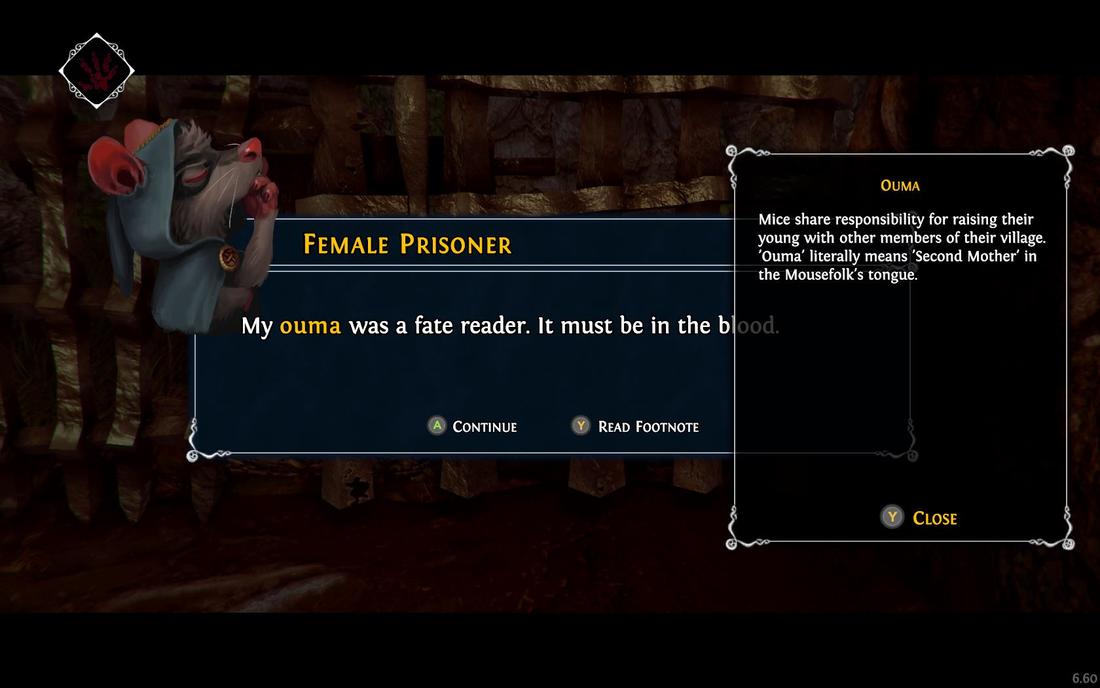
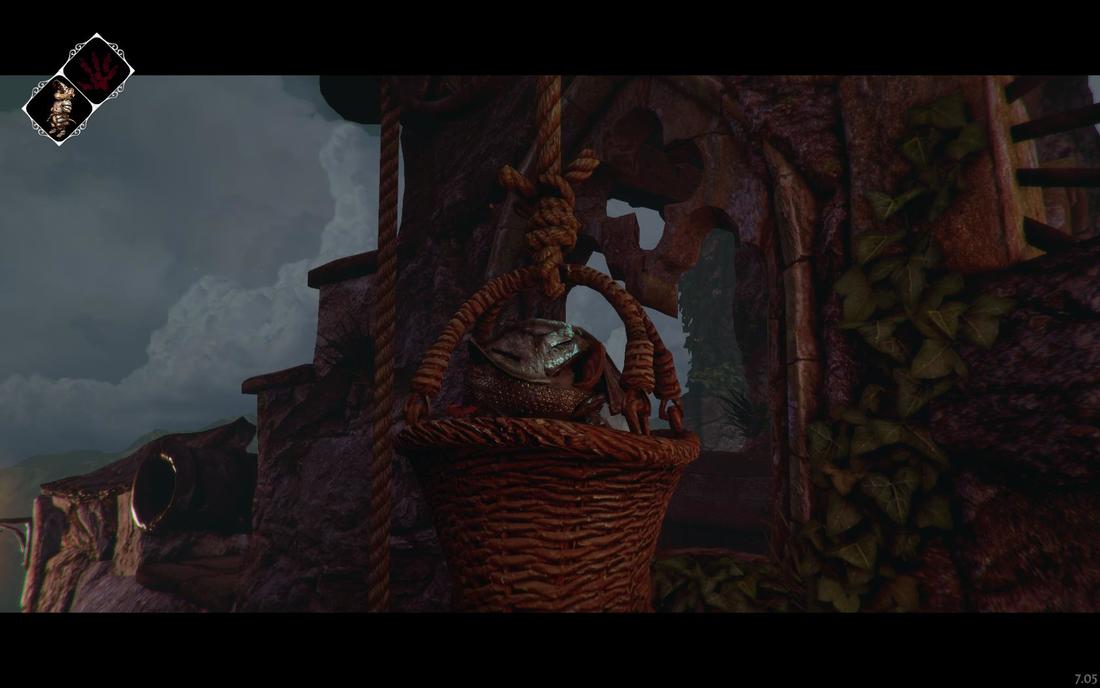
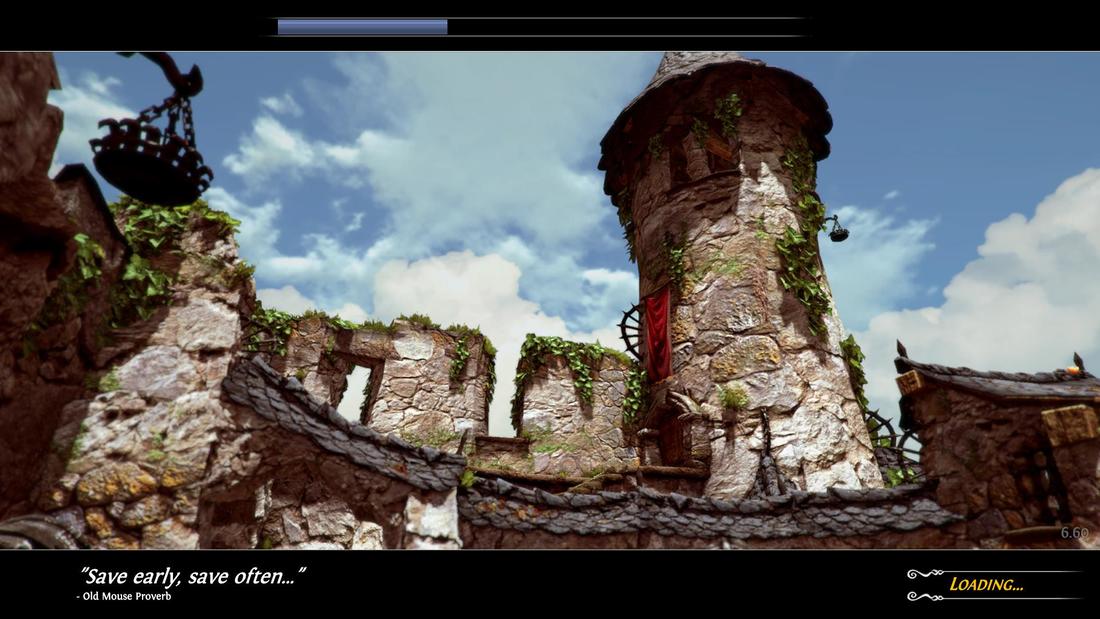
 RSS Feed
RSS Feed